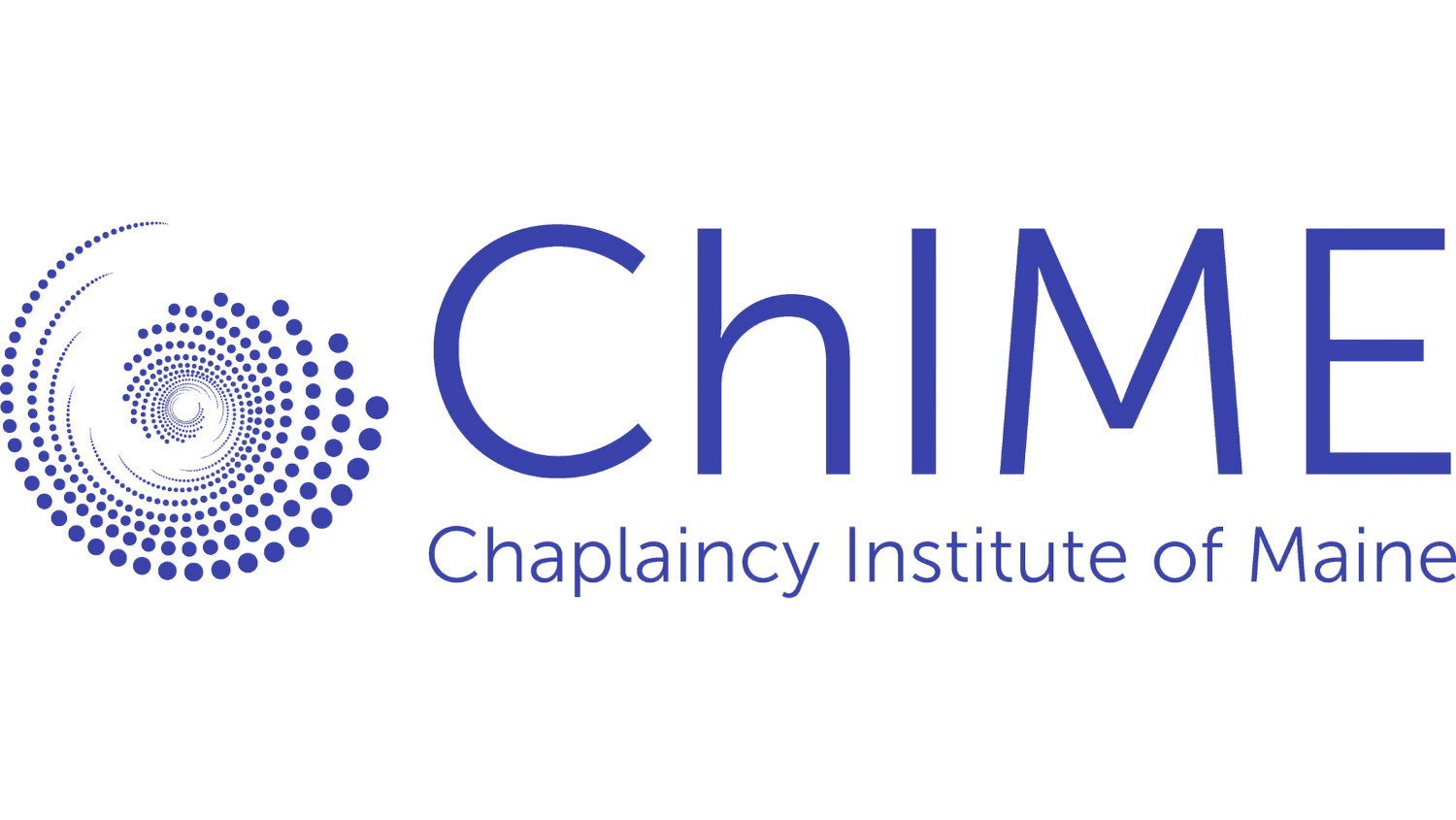Clinical Pastoral Education
As a program of ChIME, the Clinical Pastoral Training Center of Southern Maine (CPTCSM) provides professional clinical training for people from various traditions serving in a variety of settings with today’s religious and spiritual landscape in mind. While Clinical Pastoral Education is often hospital or institutionally based, CPTCSM adapts the clinical process of training for trainees serving in community-based settings. CPTCSM began in 2016 and has offered training to 24 students with 3 moving on to become certified as clinical chaplains and pastoral counselors.
Clinical Pastoral Education (CPE) uses a process model of learning. The elements are the practice of care, reflection on care by trainee and cohort, and then practice again. This is a psychodynamic training that focuses on what is happening to the trainee.
CPE is training for those who want to develop and deepen their ministerial skills, train in professional pastoral caregiving and broaden their skill sets. Ministers looking for professional development and an expanded community of clergy; parishioners who wish to develop skills for a visitation ministry; or counselors who want to add spiritual care to their set of competencies; are examples of those who would benefit from a unit or units of CPE.
CPTCSM is accredited by Clinical Pastoral Education International, an organization dedicated to providing quality, inclusive, and life-transforming clinical pastoral education. For more information about CPEI, https://cpe-international.org/
Disclaimer
Clinical Pastoral Education International's programs are designed to provide a reflective and relational learning environment in which students are expected to increase in self-awareness, be self-directed, and explore one's theological understanding as it applies and is integrated into their abilities to practice competent pastoral care and pastoral supervision.
Completing a course(s) or one of the Certificate Programs does not guarantee employment or credentialing as a Board-Certified Chaplain or a Supervisor-Educator. Additional requirements are included in CPEI's Credentialing Manual.
"People become most aware of their values when they reach turning points in their lives and must make choices or when they are thrust into decision-making because of a crisis. Prior to such moments, they may not have thought much about the values that orient them to the meaning and purpose of their lives. At its simplest, theology is a way to talk about people's deepest values."
-Carrie Doehring


